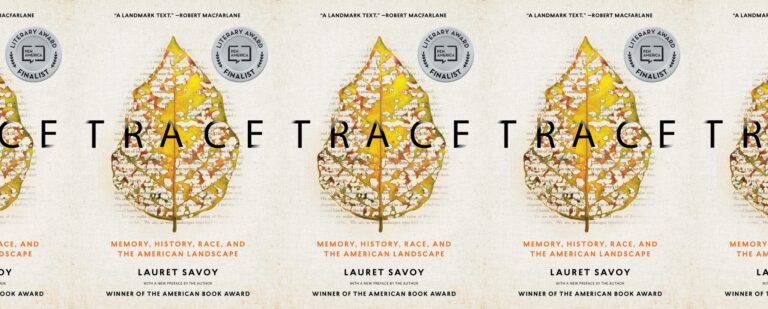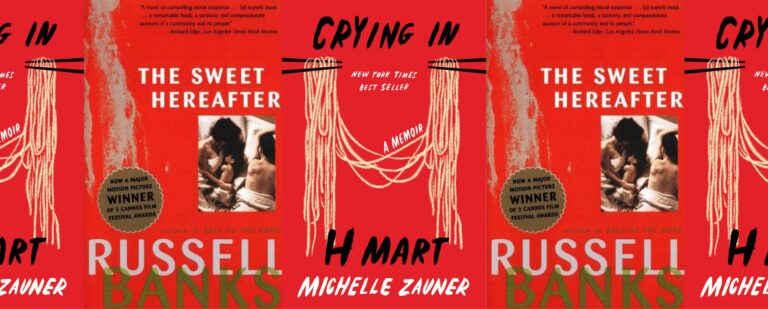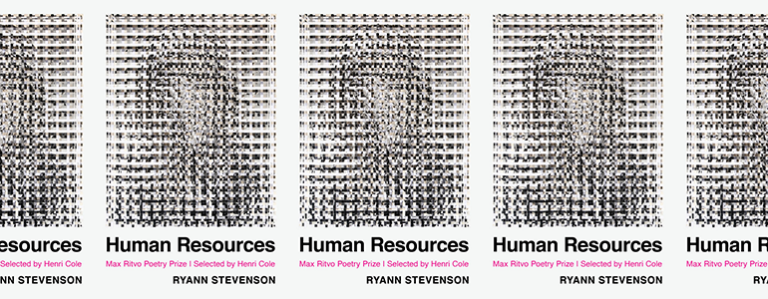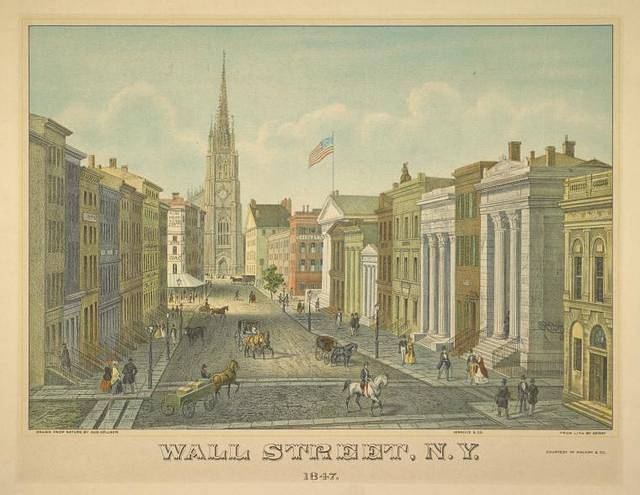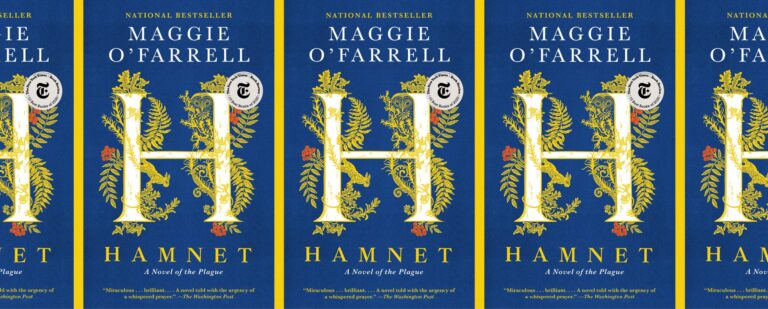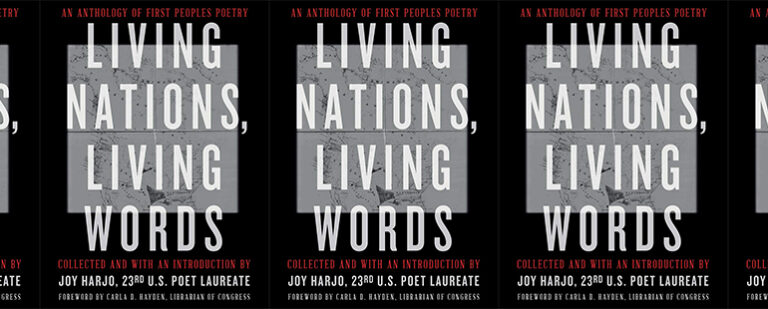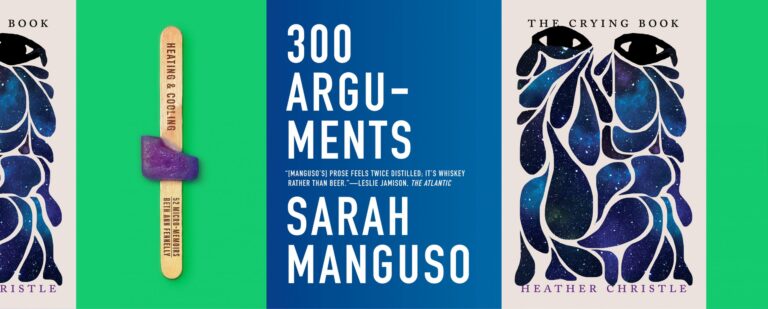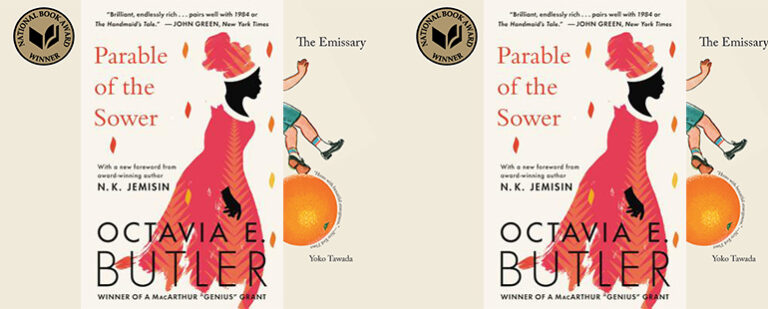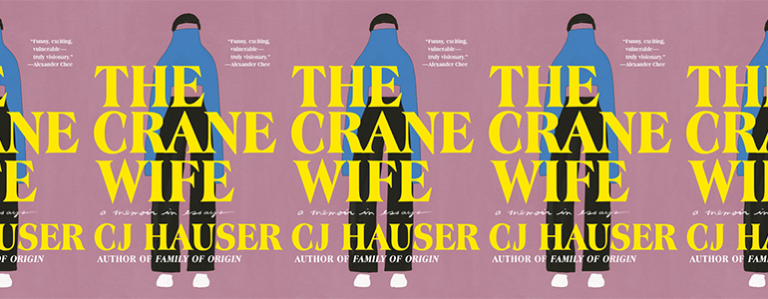Lauret Savoy’s Trace and the Search for Self-Meaning
If “home lies in ‘re-membering,’” then home is not a place, but an ongoing process. To traverse land is to trace the steps of your forebears, and to travel in search of heritage is to access our past by living fiercely in the present and finding what stories live there.
